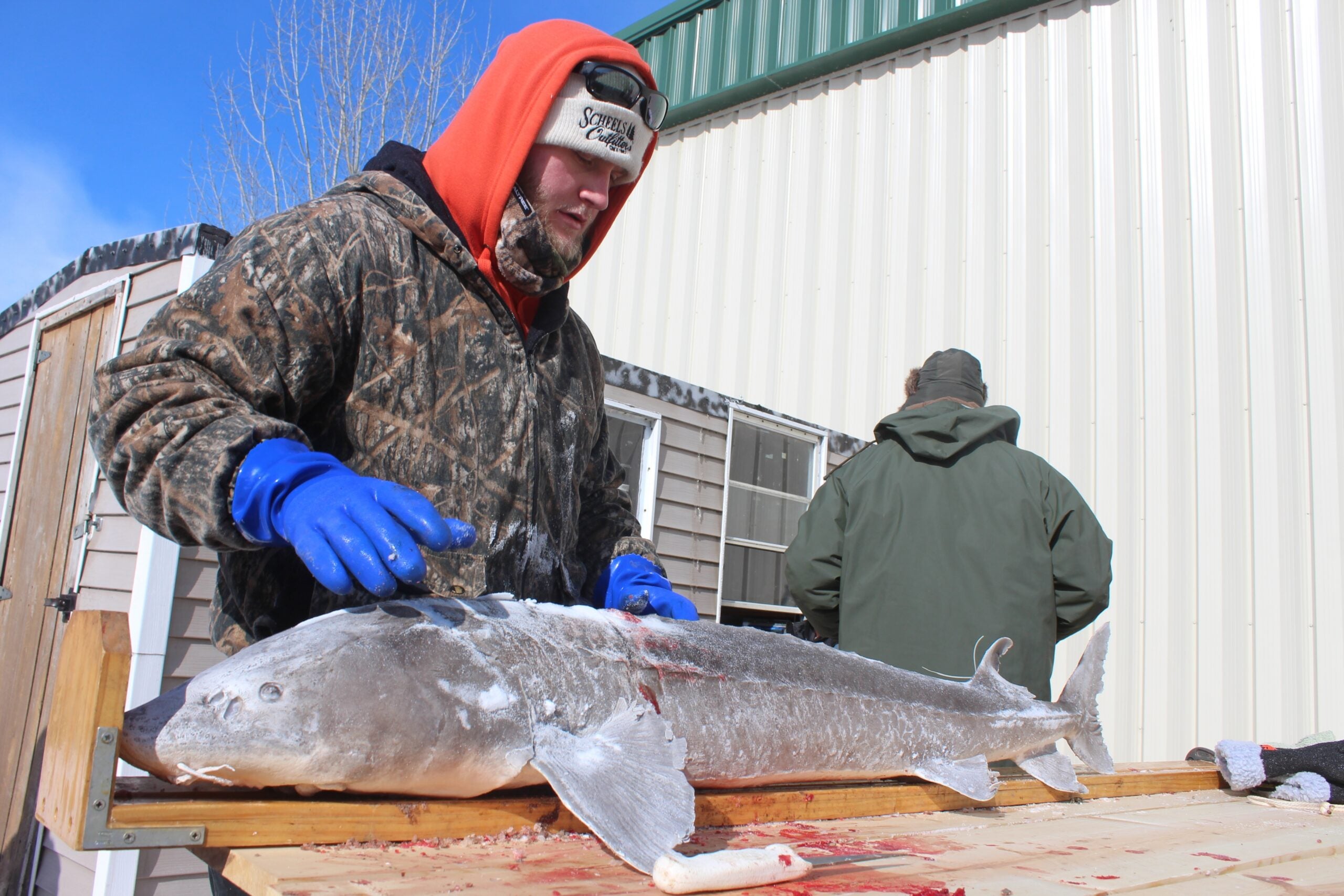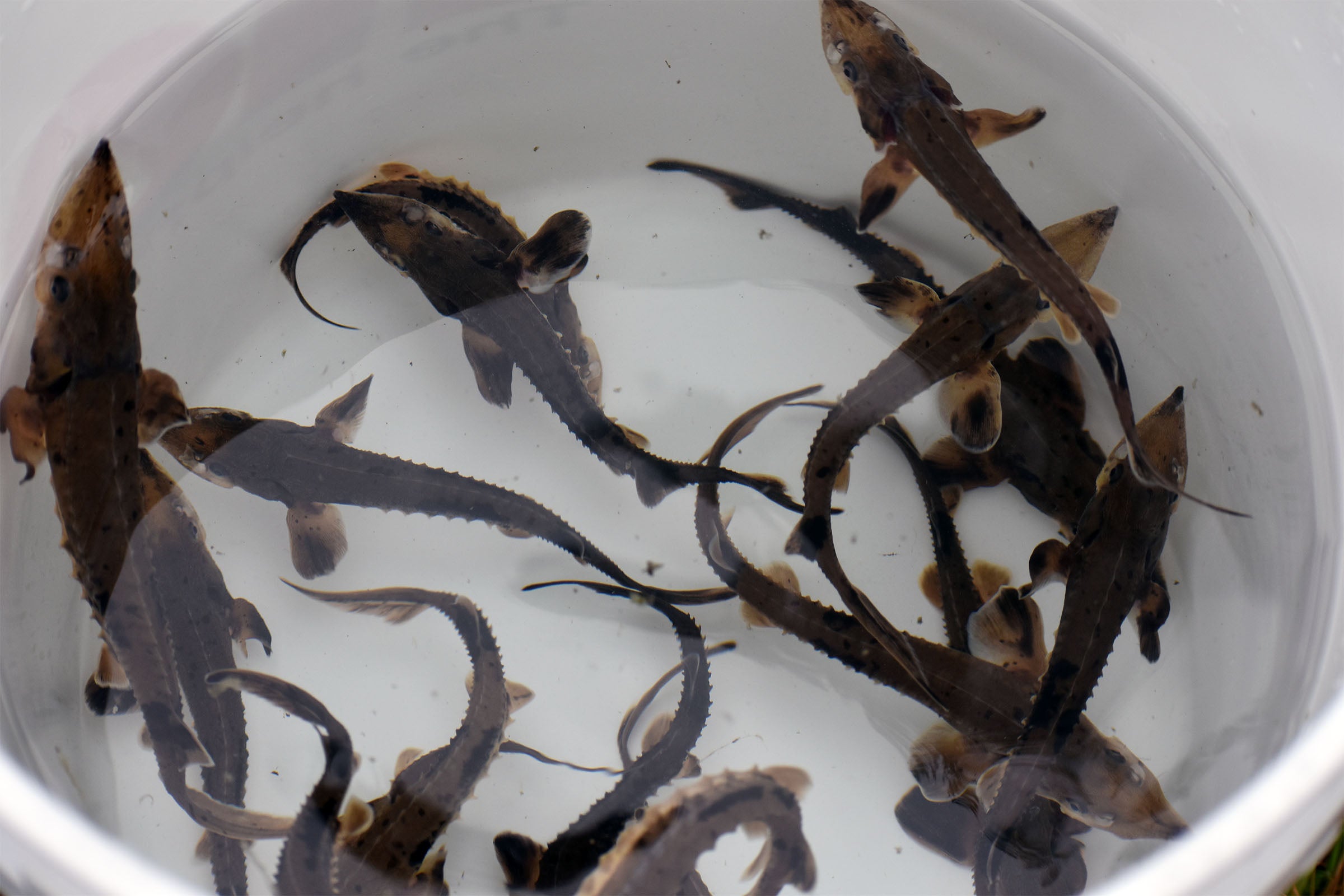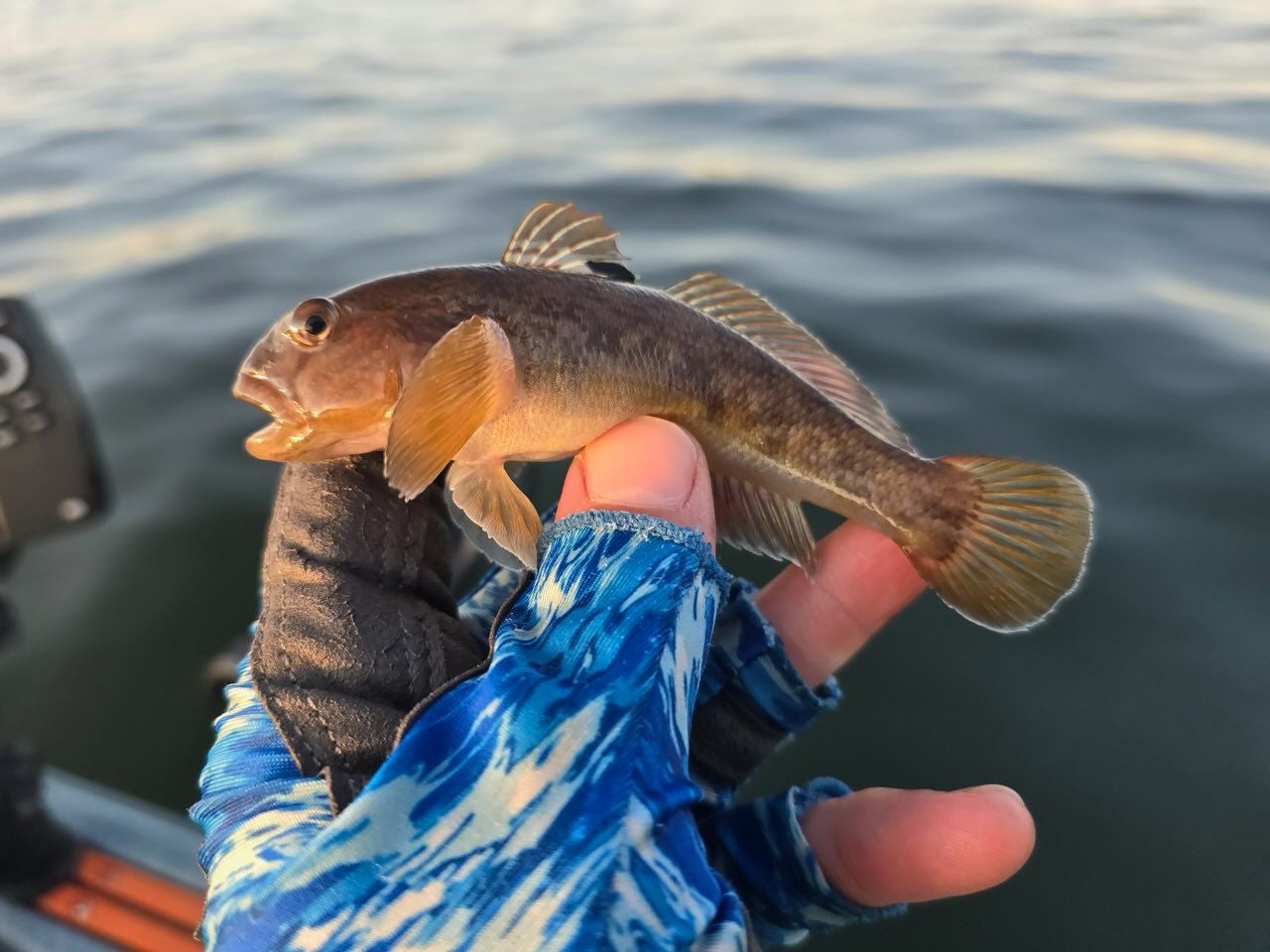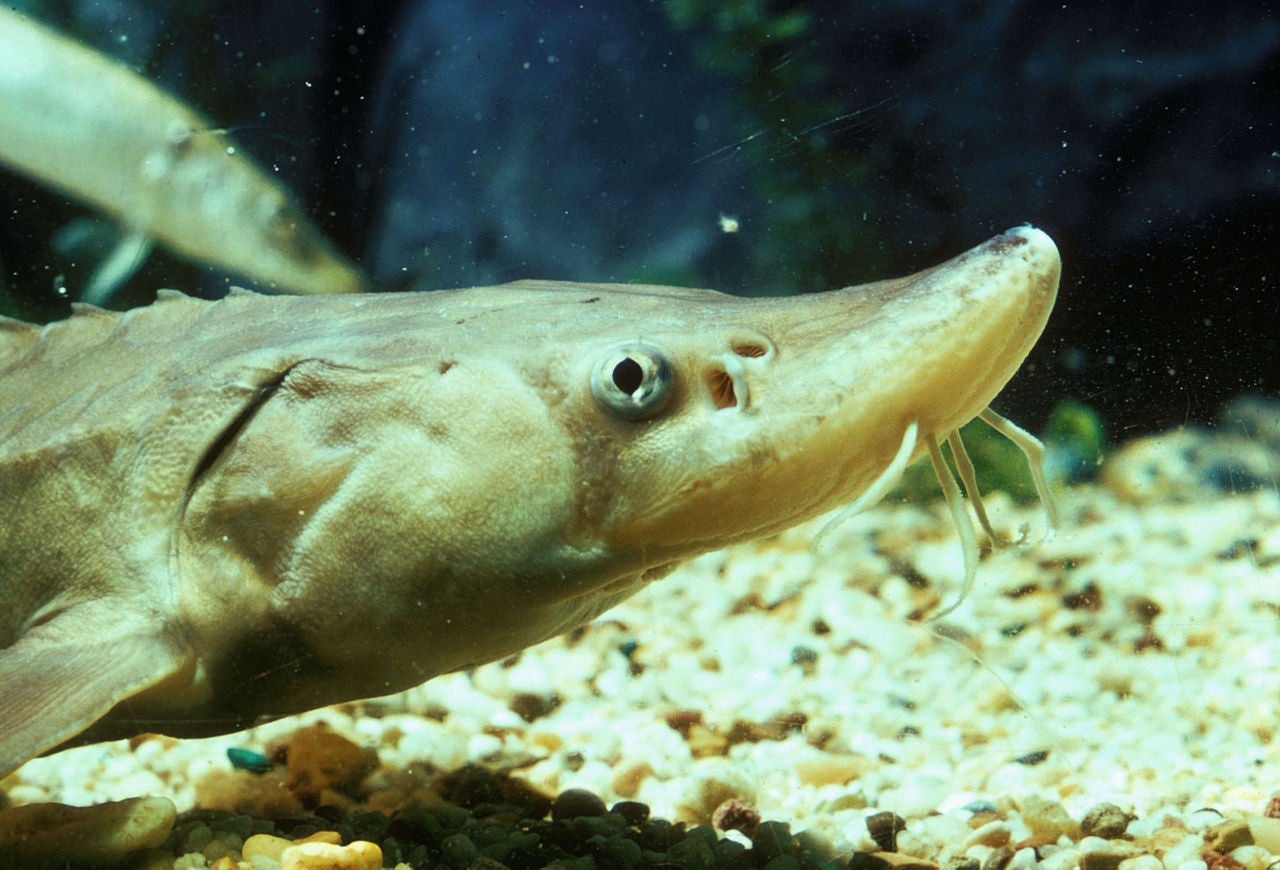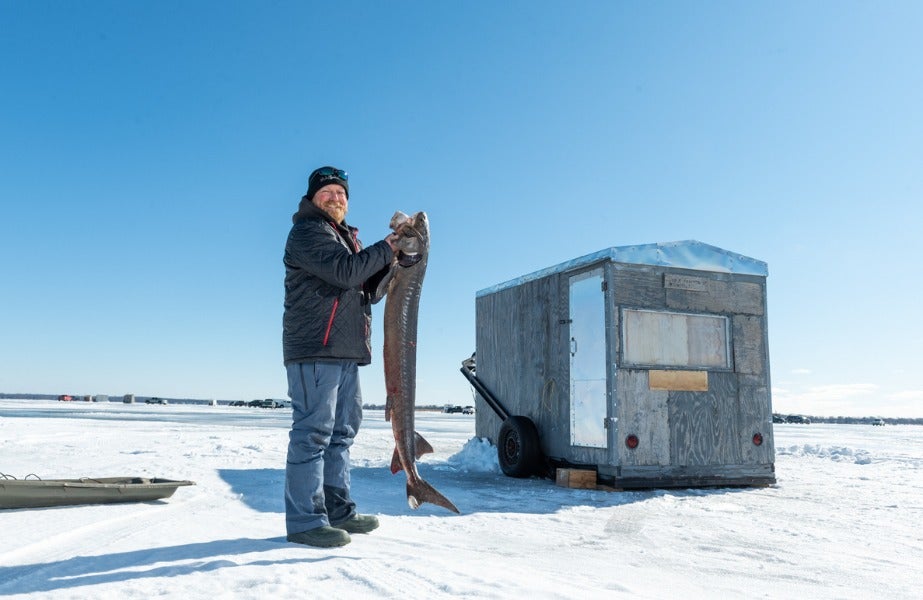Lake Winnebago’s sturgeon spearing season came to a close Sunday, leaving some anglers empty-handed.
State Department of Natural Resources harvest caps on adult females, juvenile females and adult males weren’t met this year so the season ran the full 16 days.
Since the Winnebago opener on Feb. 10, spearers killed 654 fish. Another 297 fish were caught on the Upriver Lakes, such as Poygan and Winneconne — that season ended after just four days, according to Ryan Koenigs, a sturgeon biologist with the DNR.
News with a little more humanity
WPR’s “Wisconsin Today” newsletter keeps you connected to the state you love without feeling overwhelmed. No paywall. No agenda. No corporate filter.
Koenigs said cloudy water was the biggest deciding factor in the harvest numbers this year.
“We had some warm weather in January and some big runoff events and an overall lack of snow cover to insulate, or protect some of the sunlight from coming through the lake,” Koenigs said. Overall, this was a year when “the fish won.”
It will go in the record books as only the 42nd-best season since the DNR began tracking harvest numbers on Winnebago in 1940.
Koenigs added that the sturgeon that were caught this year were lean. He said that’s because two main sources of their food — gizzard shad and lake fly larvae or “red worms” — are not abundant this year.
“We typically collect between 80 and 100 stomachs during the spear fishery to look at diet analysis,” he said. “We were anticipating seeing a fair (number) of fish that had empty stomachs. We were also anticipating seeing some lean fish and that was the case in both instances.”
Even with cloudy water and skinny fish, Koenigs said he didn’t get the sense that spearers were frustrated, and there’s always next year.
“The below-average harvest is not because there’s a lack of fish in the population or anything,” he said. “It’s just, people weren’t able to see them and weren’t able to spear them this year.”
Wisconsin Public Radio, © Copyright 2026, Board of Regents of the University of Wisconsin System and Wisconsin Educational Communications Board.

